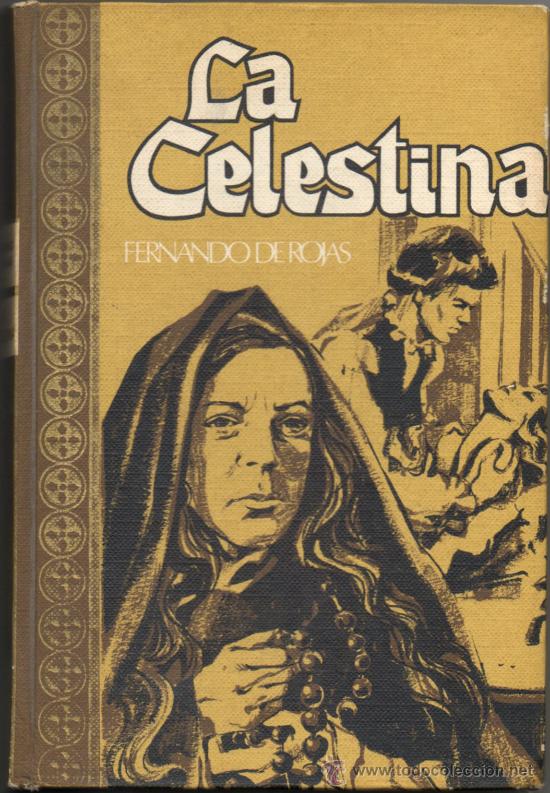
:max_bytes(150000):strip_icc()/Celestina-56a5ab7b3df78cf772895761.jpg)


What is the relationship of gender to genre in literary form? In his study of Leslie Feinberg’s Stone Butch Blues, the ambivalently autobiographical “story of a transsexual who … like Feinberg hirself, halts her transition through surgery and hormones to found an embodied transgendered subjectivity,” Jay Prosser observes that the book also “produces an alternative generic form-a trans-genre: a text as between genres as its subject is between genders.” 1 In Stone Butch Blues, Prosser seems to suggest, the radically embodied nature of the protagonist’s transsexuality demands the production of an equally radical literary form form follows content as the text moves to accommodate the story’s “embodied transgendered subjectivity” (and not the other way around).


 0 kommentar(er)
0 kommentar(er)
